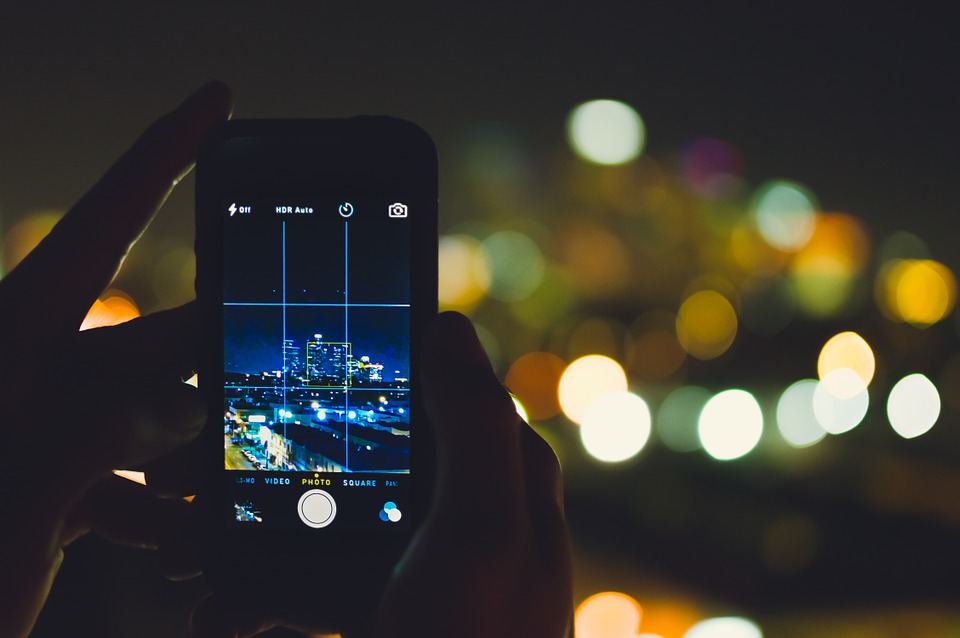Scientists warned that intensive exposure of blue light through heavy usage of electronical devices such as mobile phones and tablets might affect sleeping quality. A new study showed that by limiting or blocking evening exposure to light-emitting screen for one week, sleep quality for teenagers can be improved.
The collaborative study by the Netherlands Institute of Neuroscience, the Amsterdam UMC and the Dutch National Institute for Public Health and the Environment indicates that by simply limiting exposure to blue-light emitting devices in the evening, adolescents can improve their sleep quality and reduce symptoms of fatigue, lack of concentration and bad mood.
Researchers investigated the effects of blue light exposure on adolescents at home. The team conducted a randomized controlled trial to assess the effects of blocking blue light with glasses and no screen time during the evening on the sleep pattern of 25 frequent users. Both blocking blue light with glasses and screen abstinence resulted in sleep onset and wake up times occurring 20 minutes earlier, and a reduction in reported symptoms of sleep loss in participants, after just one week.

(Image: Pixabay)
Dr Dirk Jan Stenvers from the department of Endocrinology and Metabolism of the Amsterdam UMC said, "Adolescents increasingly spend more time on devices with screens and sleep complaints are frequent in this age group. Here we show very simply that these sleep complaints can be easily reversed by minimizing evening screen use or exposure to blue light. Based on our data, it is likely that adolescent sleep complaints and delayed sleep onset are at least partly mediated by blue light from screens"
Dr Stenvers and his colleagues are now interested in whether the relationship between reduced screen time and improved sleep has longer lasting effects, and whether the same effects can be detected in adults.





 CN
TW
EN
CN
TW
EN






